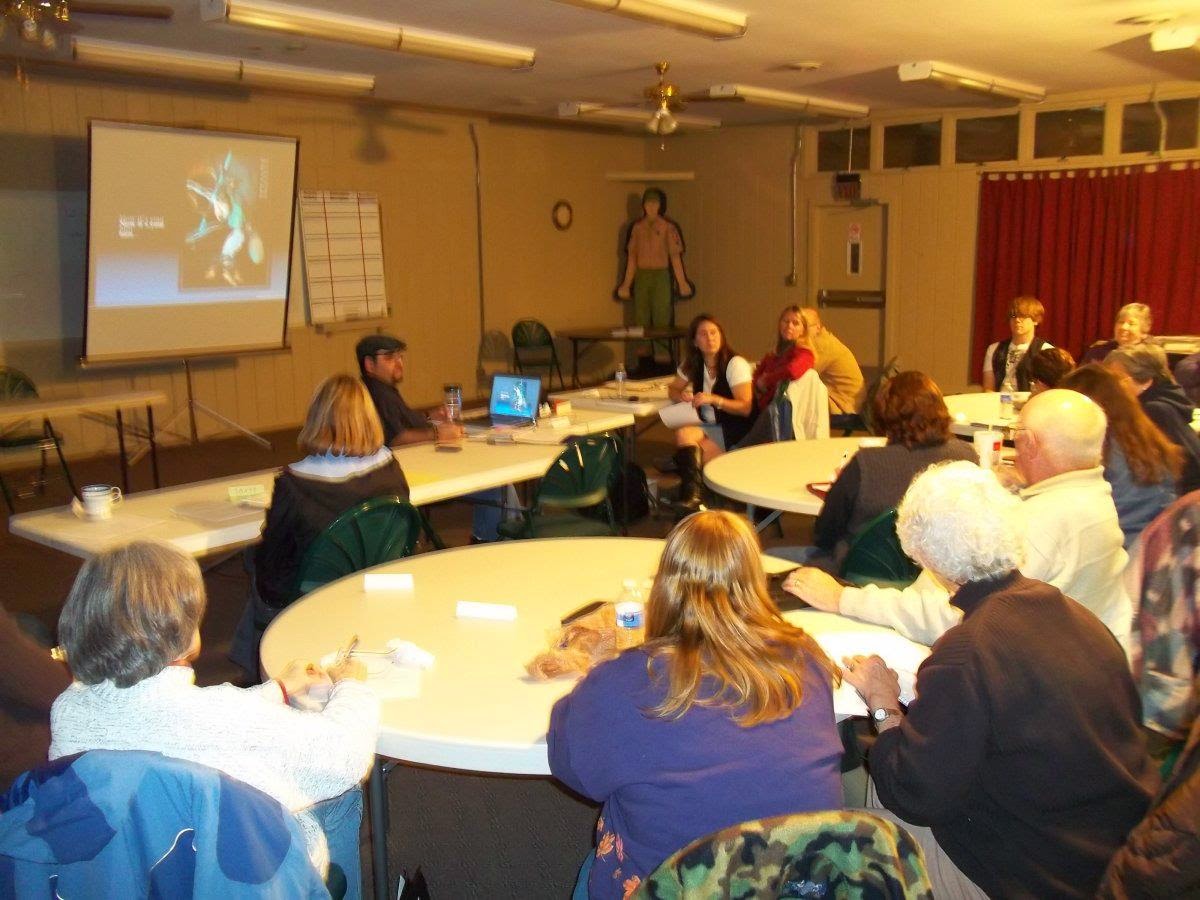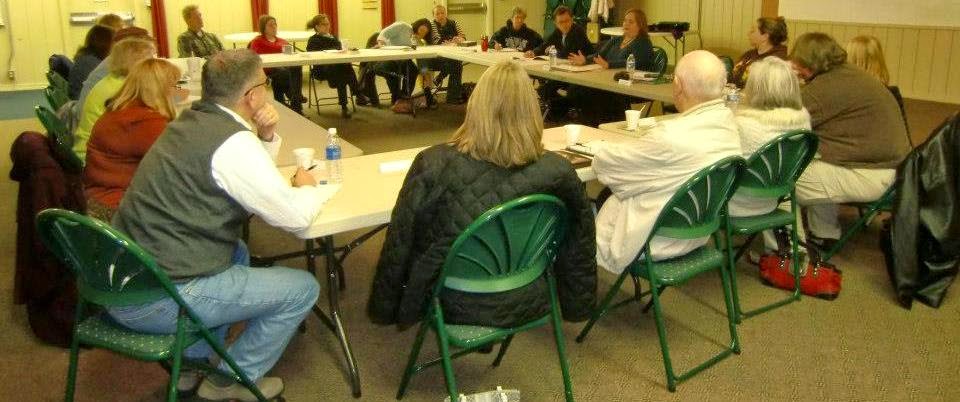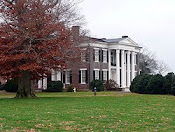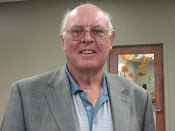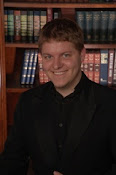This winter LWC will celebrate five years of LWC. We are starting the celebration a little early by doing a weekly top-five series. Each Wednesday LWC members will post their top-five answers to a specific question. This is week seven, and LWC writers were asked this question:
What are your favorite books or authors, and what did they teach you about writing?
Ross Martin:
1. Mark Twain
2. Stephen King
3. The First Five Pages
4. Writers Digest
5. Grapes of Wrath
Sheryl Griffin:
1. Bad Girls of the Bible….by Liz Curtis Higgs….Liz taught me it is ok to be honest about your past. She also opened my eyes to many women in the Bible and I found myself relating to them all in different ways. Through Liz’s writing style, I learned the importance of transparency.
2. Getting Past Your Past…by Susan Wilkinson…Susan opened my eyes to the beginning process of moving forward in my life. She was relatable and she was able to apply biblical scriptures and promises in a way that I had not experienced before. This book taught me the importance of applying biblical scriptures and promise to my writing.
3. The Mom Factor…by Dr. Henry Cloud and Dr. John Townsend…This book showed me how I as a mother shape and mold my children and the affect that my mother had on me as a child and even as an adult. You can’t undo the past; however, you can make changes for now. This book helped me become reflective in my writing.
4. Parenting is Heart Work…by Dr. Scott Turansky and Joanne Miller, RN, BSN…This is a book that I find myself returning to time and time again. This book opened my eyes to the fact that there is no such thing as a perfect parent; however, there is hope and encouragement in parenting with your heart. I learned once again the importance of being open and transparent and that it’s OK if you’re not pefect!
5. June Bug….by Chris Fabry….As you can tell I am more of a non-fiction reader, however, I do indulge in fiction from time to time and June Bug is a book that pulled me in with my eyes and heart. Chris is an amazing story teller. He created depth to the characters and knew when to pull the ‘emotion” card and when to let the reader breathe a sigh of relief. That is a writing quality I would like to expand in.
Chris Gates:
1. Tom Robbins' Still Life With Woodpecker - First, the back cover copy drew me in and made me fall in love with copy writing. Second, the way Robbins' narrative voice breaks down the fourth wall, taught me about the author's role in storytelling.
2. H.P. Lovecraft's At the Mountains of Madness: And Other Tales of Terror was a revelation to me. Introduced me to Lovecraft and drew me into a world that didn't reside in one story alone. I was amazed that such a distant and obtuse twist on reality could still be laid upon our own.
3. Joseph Campbell's The Hero with a Thousand Faces. What do you mean Star Wars has its roots in the oral tradition of ancient cultures? Jungian psychology aside, since first reading this book I've never looked at a story without taking note of its structure.
4. Number Four is a hybrid of two books for me, but they're directly related in what they taught me. William Goldman's Adventures in the Screen Trade and Roger Corman's How I Made a Hundred Movies in Hollywood and Never Lost a Dime were both influential to me. From them I learned that the creative life isn't isolated to the artistry of expressing brilliant and novel ideas, it's a lot of work and a lot of hustle.
5. Ernest Hemingway, he just says it.
Bryce Martin:
1.
Eudora Welty2.
Flannery O'Connor3.
John Steinbeck4.
F. Scott Fitzgerald5.
Ken KeseyKaren Aldridge:
1. Anything and everything C. S. Lewis nonfiction (The Problem of Pain, Mere Christianity, . . .). His nonfiction is written in a way that you feel like you're sitting down and having a conversation with him. And everything he says is like a common sense epiphany - the ultimate ah-ha moment. He's taught me that if I relax as I write, my reader will relax, and if I write with common sense, my reader will appreciate me for it.
2. Anything and everything C. S. Lewis fiction (The Screwtape Letters, The Great Divorce, The Chronicles of Narnia, . . .). Imagination! Symbolism! Truth! There is no end to what the imagination is capable of, and weaving truth into symbolism in a way that appeals to the masses is powerful. Lewis is the rare author whose work I reread many times - because every time I read it, I mine many new writing gems. I'll never be a fraction of the master he was at it, but his influence is in almost everything I write.
3. Cormac McCarthy’s Child of God, The Road, and No Country for Old Men taught me to master the rules of writing style so I could effectively break the rules of writing style.
4. In Midnight in the Garden of Good and Evil by John Berendt, I was fascinated by the colorful, rich characters. They were so quirky, and the cool part was they were real - it was a true story. I realized if real characters can be this fun, just think of what I can do with make-believe characters. It was my ticket to free-reign characterization. Exaggerate their flaws, make their strengths obstacles, and voila - dramatic characters are born.
5. It's a tie (okay, I guess I'm cheating a little). Erma Bombeck, the great humor columnist, taught me that humor is the key to almost every reader's heart. Use it subtly. Use it boldly. Use it in awkward moments. Use it in obvious moments. Just use it! And finally J. K. Rowling. While I wouldn't technically consider her one of my favorite authors (though I do love her books and I'm always inspired by authors who are effective at breaking the rules), she's taught me one of the most important lessons of all: love what you write, and just maybe someone else (or a few hundred million someone elses) will too.
Alan Hooper:
1. Isaac Azimov The greatest writer of all time. Could write on many subjects from Sci - Fi to children's books.
2. Robert Heinlein
3. Arthur C. Clarke
4. L. Sprague De Camp
5. Harlon Ellison
I have read many, many books in the last few years, but one I would recommend is Water for Elephants. The research for it was amazing.
Karen Phillips:
1. T.S. Stribling (The Store ; The Forge; The Unfinished Cathedral). Stribling wrote about my home town, Florence AL, in the late 1800’s. I read this book when I was a teenager because someone told me it was about Rogers’ Department Store. It did not impress me as greatly as when I read it again about 30 years later, and then it set my imagination on fire.
2. The Clan of the Cave Bear, by Jean Auel. There is a series of these books, but this was the best one. (It should have been the only one.) I’m not sure that this book encouraged me to write more than it encouraged me to be strong-willed.
3. Alanon’s One Day At A Time Daily Meditations. These one-page meditations helped me so much to understand how I wanted to write “After My Father’s Suicide, Grief Meditations.” Not only did they offer a lot of wisdom, the idea that I could draw on just one thought at a time was a major influence on cutting my words down to the bone.
4. Bird by Bird, by Anne Lamott. I need to read this again…and again.
5. White Fang, by Jack London. Ok…so this isn’t a forever favorite. I have just started reading it because I need to research how to write about a dog character, but since I started it, I think I should have put it up at the top of this list. I love the crisp words, the ideal of nature and environments shaping the mind and body. This book is magnificent.
Jennifer Ballard:
My top 5 favorite authors (at the moment) and what I (wish I could) learn from them:
1.
Dick Francis - characterization and pacing
2.
Charlaine Harris - meshing fantasy and realism
3.
Janet Evanovich - Humor and creating memorable characters
4.
Rick Riordan - combining history, myth, fantasy, and fact
5.
Jim Butcher - plotting and conflict
Cece Dockins:
1. American Fantastic Tales edited by Peter Straub.
This is an essential anthology for the supernatural geek, which I am! The two volume set is amazing and comprehensive. The first volume is titled "Poe to the Pulps." It's seven hundred pages of some of the most talented and influential writers of all time: Poe, Gillman, Chambers, Cather, Fitzgerald, Derleth, Lovecraft, Bloch.
The second volume is titled "1940's to Now." Authors included are: Nabokov, Bradbury, Cheever, Ellison, King, Brite. Another seven hundred pages of the weird, the fantastic, and the macabre. As a writer, I get a sense of history and evolution of the genre through this truly fantastic anthology. A must for any aspiring fantasy and horror writer.
2. We Have Always Lived in the Castle by Shirley Jackson.
Wow! This novella touches me at my icy core (hard to do). When an uninformed person (being nice) makes a statement that the horror genre produces only imitation or generic stories, I remind myself of Jackson's take on the witch. Stories are about characters and truth, not tricks and gimmicks.
3. Fahrenheit 451 by Ray Bradbury.
It's Bradbury, enough said.
4. The Long Walk by Stephen King.
It's King, enough said. Okay, I'll say some more. This is classic King and it is haunting and brilliant...and well, inspiring.
5. Horns by Joe Hill.
Love his take on the devil as an antihero. Fun!
Virginia Andrews:
1. The King James Bible has been the foremost influential book in every area of my life, including my writing. I like the English from the 1600's when English was at its height and perfection. Sadly, the book is overlooked for its mastery of artistic perfection, truly a diamond. It's rich form and poetic flow is beyond beauty. I have read it through so many times that I sometimes see a natural meld of the old English drifting naturally on my paper. Perhaps it's because of its poetic beauty that my writing tends to want to flow in that direction. The writing in the KJV is forthright with shocking clarity and although the words are archaic, as I grasp hold of them and fit them into the here and now, I feel somewhat like an ambassador of preservation, in a small insignificant kind of way.
2. The dictionary as it increases my vocabulary. A side note: it was documented in one of those obscure studies that those with a larger vocabulary are more prone to Alzheimer's.
3. Dr. Seuss books, which taught me that anything can go together if you pair it wrong, say it's right and let your imagination run wild. One of my favorite quotes:
"You have brains in your head.
You have feet in your shoes.
You can steer yourself
Any direction you choose.
4. The Artist's Way, by Julia Cameron, is a serious spiritual guide to unleash your creativity in a natural flow beyond any self-limiting block. It is a must.
5. Diana Gabaldon's historical romance novels. She is a scientist who has this sav vy methodical imagination that brings science and fiction together in unexpected interesting plots that roll together effortlessly. I would like to write like her, not x-rated though (smile).

